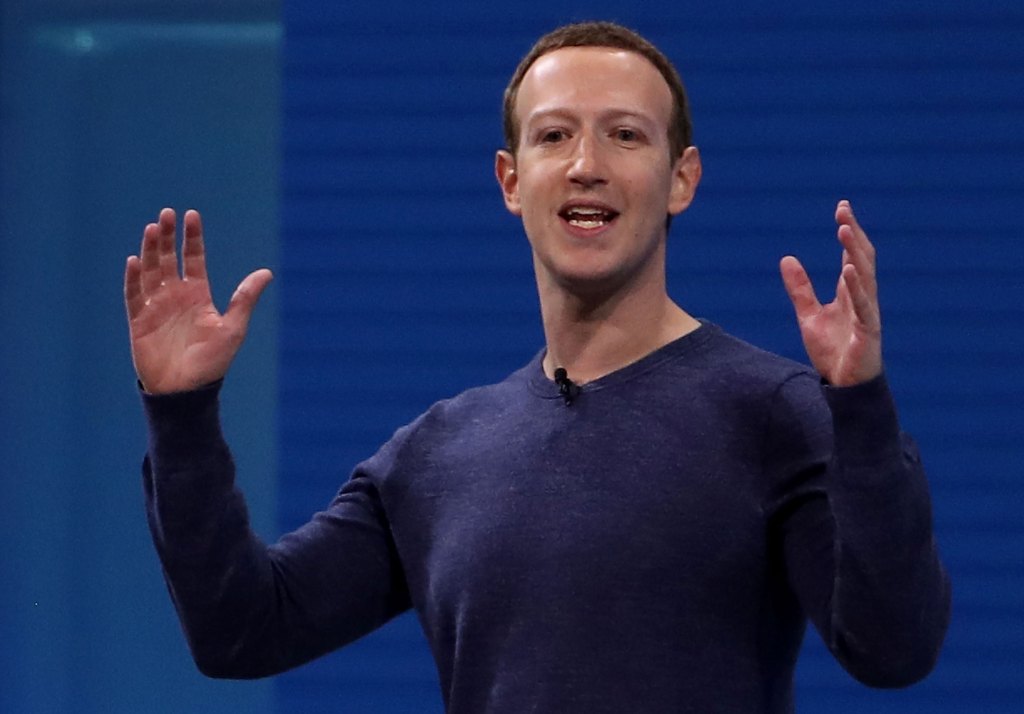 Photo Credits: Justin Sullivan/Getty Images Meta CEO Mark Zuckerberg has joined others in criticizing Apple for their compliance with the EU Digital Markets Act (DMA). The act requires Apple to open up its App Store and permit developers to use their own payment methods. During Meta’s Q4 earnings call, Zuckerberg expressed his concerns about Apple’s new rules, stating that they were challenging and he questioned whether any developers would adopt them.
Photo Credits: Justin Sullivan/Getty Images Meta CEO Mark Zuckerberg has joined others in criticizing Apple for their compliance with the EU Digital Markets Act (DMA). The act requires Apple to open up its App Store and permit developers to use their own payment methods. During Meta’s Q4 earnings call, Zuckerberg expressed his concerns about Apple’s new rules, stating that they were challenging and he questioned whether any developers would adopt them.
The intention of the new rules is to enhance competition in the app economy by allowing other companies to operate their own app stores and collect their own fees. In theory, this would enable them to bypass Apple’s commissions and fees. However, Apple’s compliance with the DMA resulted in reduced commissions but introduced new fees, including the “Core Technology Fee,” which would apply to any developer adopting the DMA rules, regardless of where their app was distributed, including on the App Store. Alternatively, Apple stated that developers can choose to remain with the existing system, where Apple takes a 15% to 30% cut from in-app purchases, depending on the app’s reach and other factors.
If the DMA had been designed differently, Meta would have used this new directive to establish its own store. At one point, the company considered offering a Facebook Games store, but Apple’s rules compelled Facebook to remove the gaming functionality from the app. Ultimately, Meta discontinued the program in 2022, two years after its launch. Based on Zuckerberg’s comments, it seems that Meta does not have any plans for retaliation.
Zuckerberg conveyed his skepticism about the impact of Apple’s product, stating that he would be surprised if any developer chose to utilize the app store given the challenges they present. He believes that Apple’s approach contradicts the intended purpose of the EU law, making it challenging for anyone, including Meta, to benefit from it. Meta joins other tech companies that have opposed Apple’s compliance with the DMA, including Epic Games, Spotify, Mozilla, and Microsoft. These companies have expressed strong opposition to Apple’s DMA rules.












